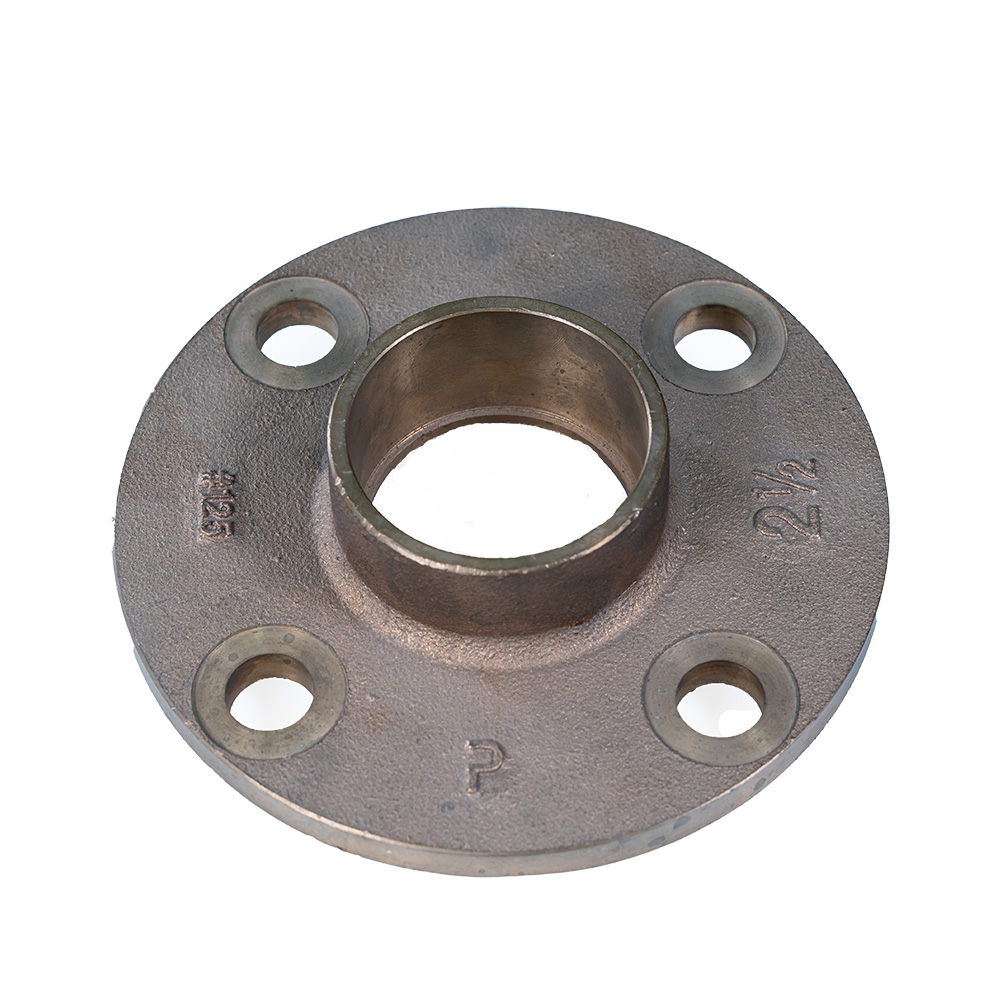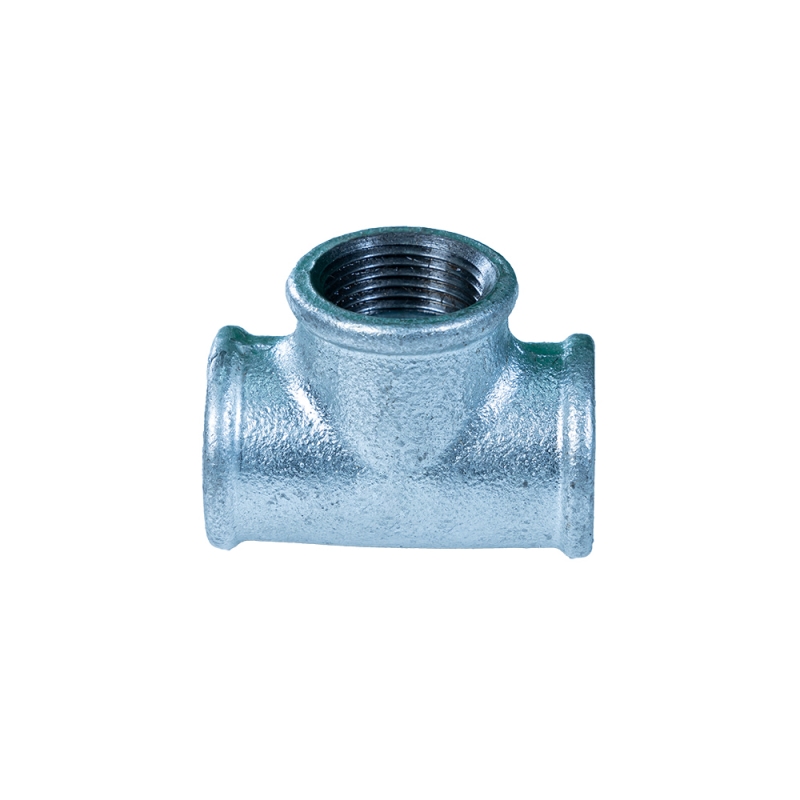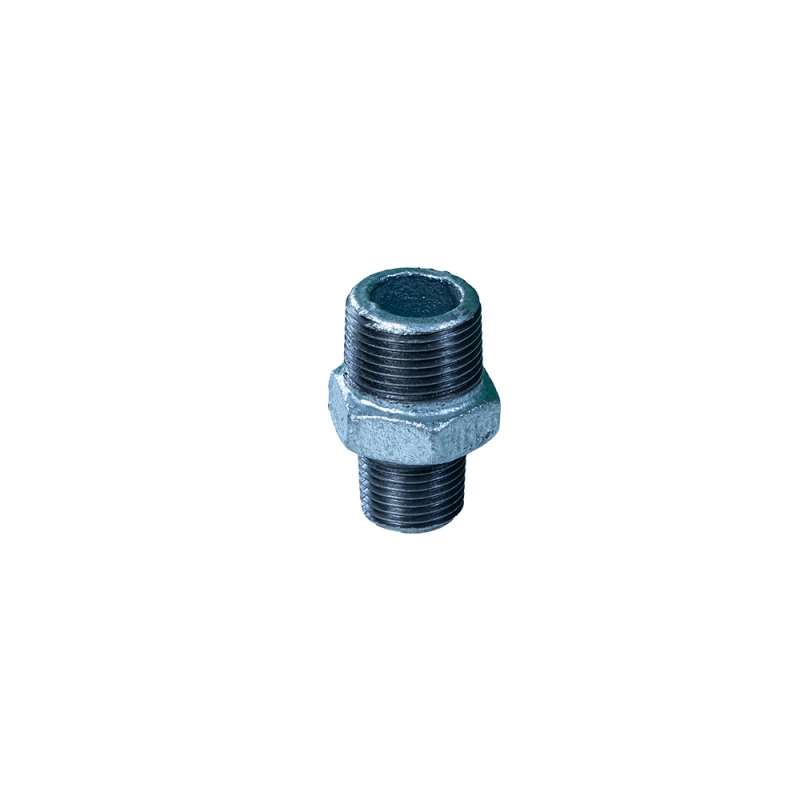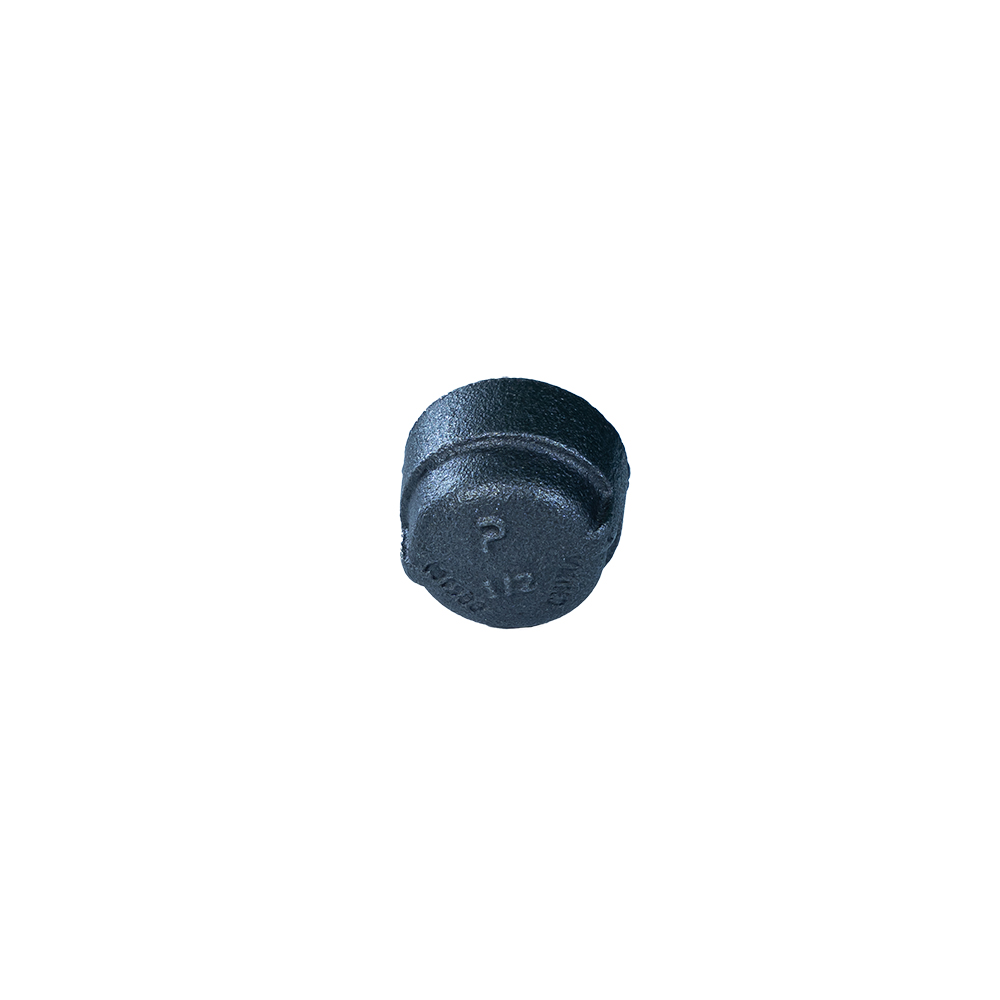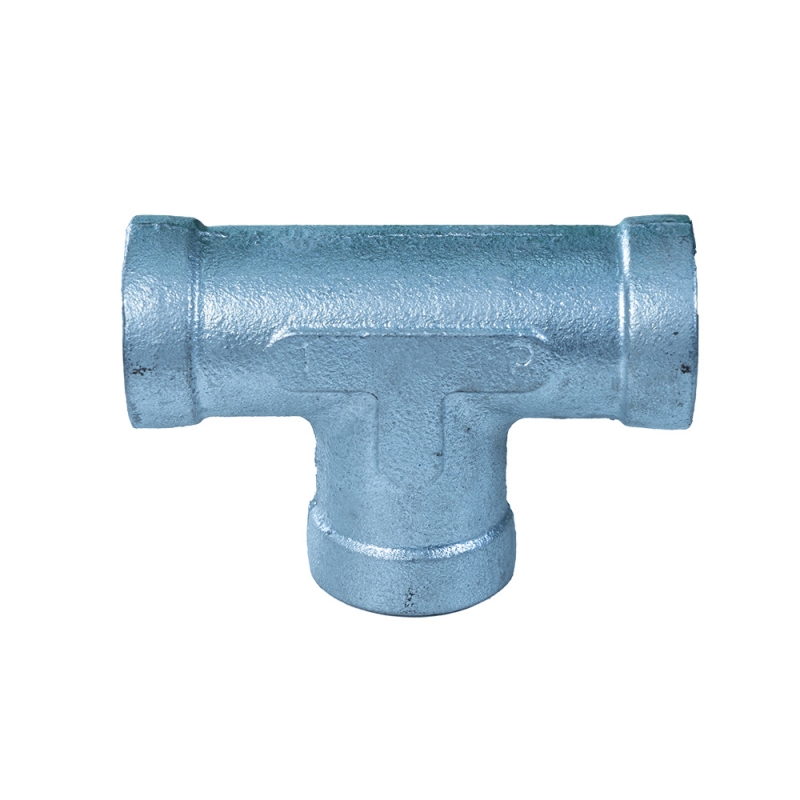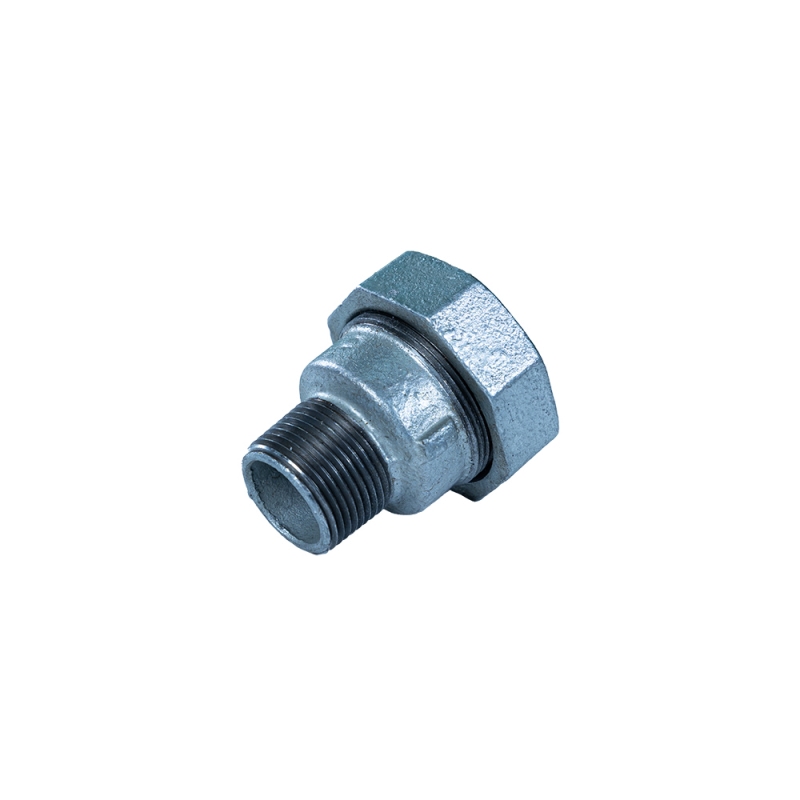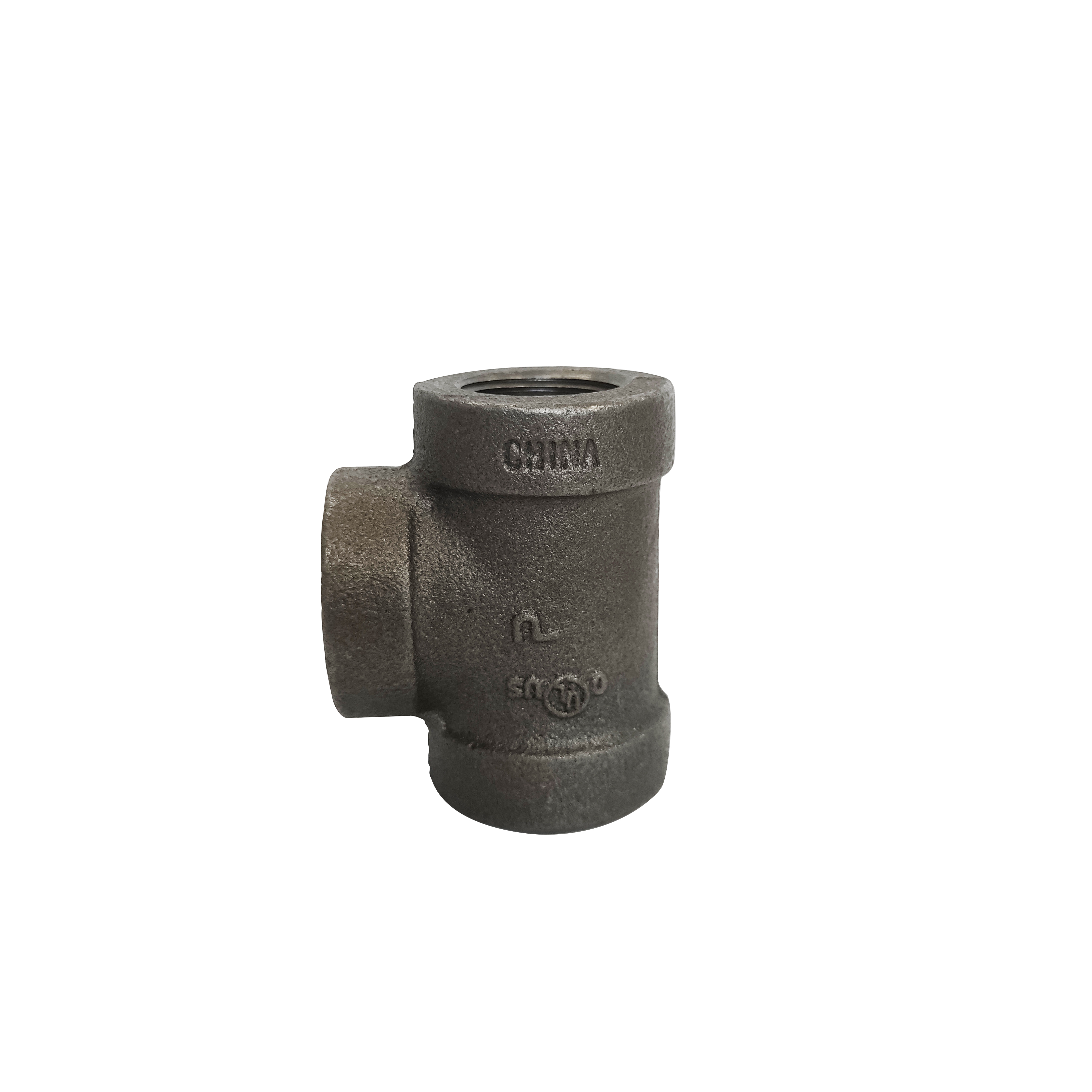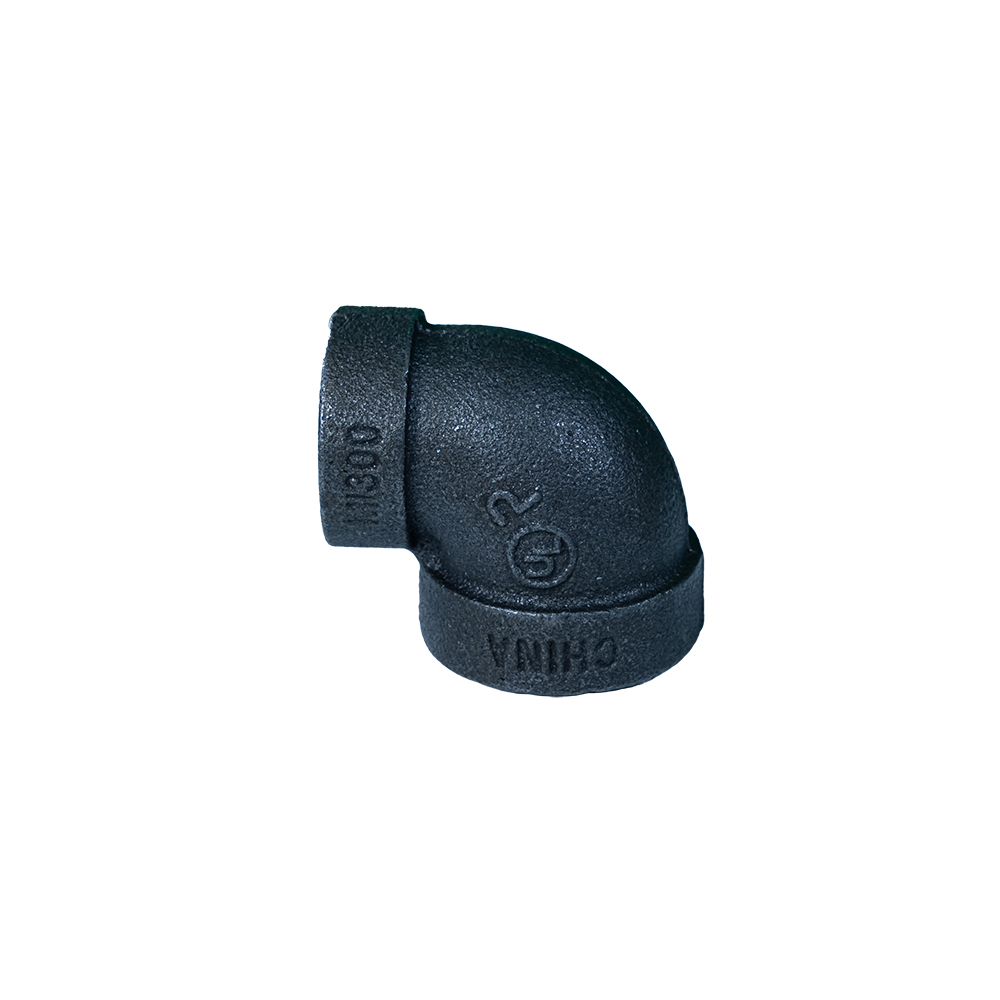Mechanical fittings serve as crucial components in various industries, prominently in plumbing, HVAC,
and mechanical systems. Over the years, the technology and materials used in mechanical fittings have evolved, benefiting from advances that enhance reliability and efficiency. In order to understand their importance and selection process, it's essential to delve into key factors such as durability, application, and installation best practices.
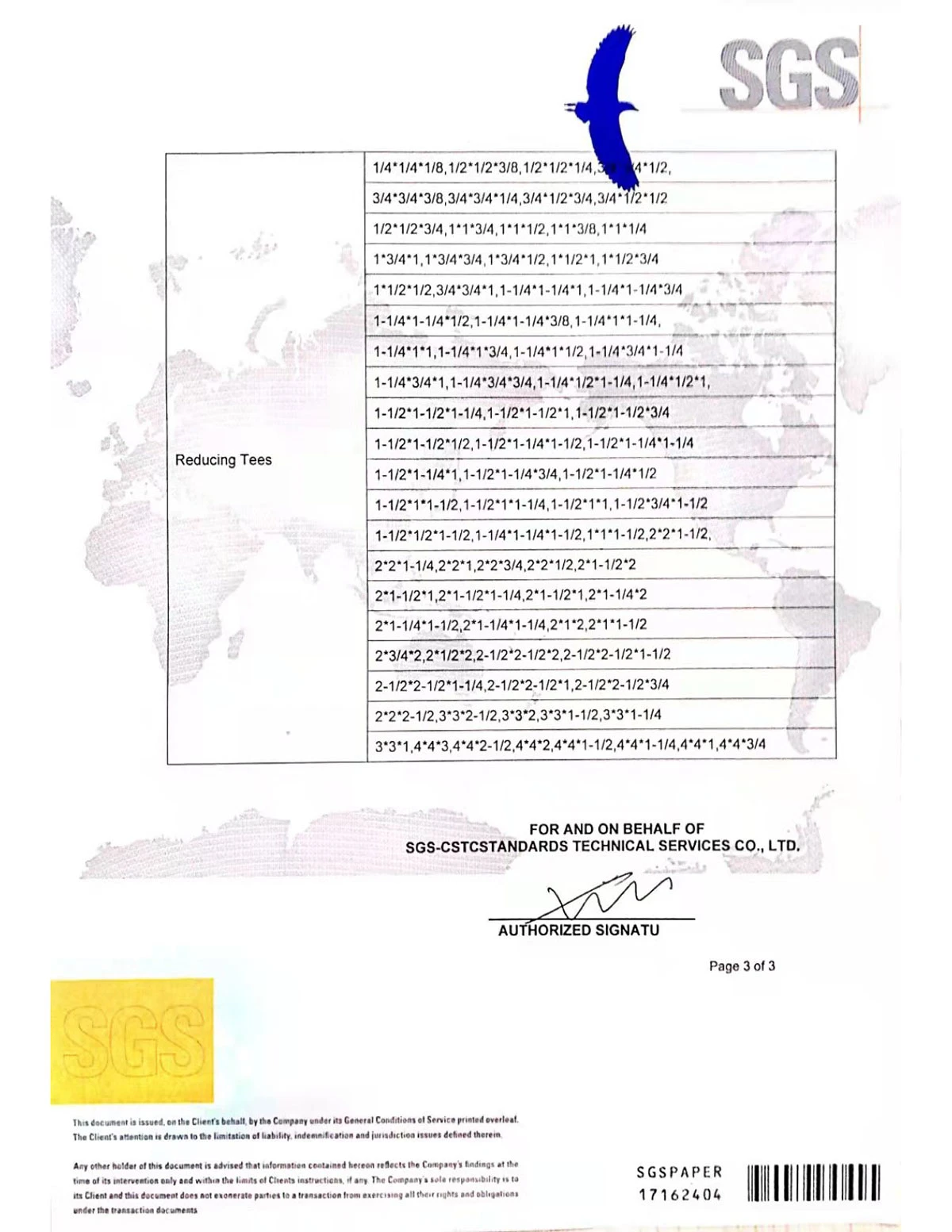
Understanding durability is fundamental when selecting mechanical fittings. Traditionally, materials like brass, copper, and galvanized steel have been popular due to their robustness and resistance to wear and tear. However, new materials such as PEX and advanced polymers have emerged, offering longer life spans and resistance to corrosion. For instance, PEX fittings are increasingly popular in plumbing due to their flexibility and resistance to scale and chlorine. It's important to choose fittings made from materials that best suit the environmental conditions they will be subjected to, such as extreme temperatures or exposure to chemicals.
In terms of application, mechanical fittings need to be selected based on their compatibility with the system they are intended for. This includes understanding the pressure ratings and temperature tolerances required by the system. Misalignment in compatibility can lead to system failures, causing costly repairs and downtime. For example, while threaded fittings used in HVAC systems offer the benefit of easy disassembly, press-fit fittings might be more suitable for applications needing quick and leak-proof installations. Expert advice from a knowledgeable supplier can greatly aid in making the appropriate selection.
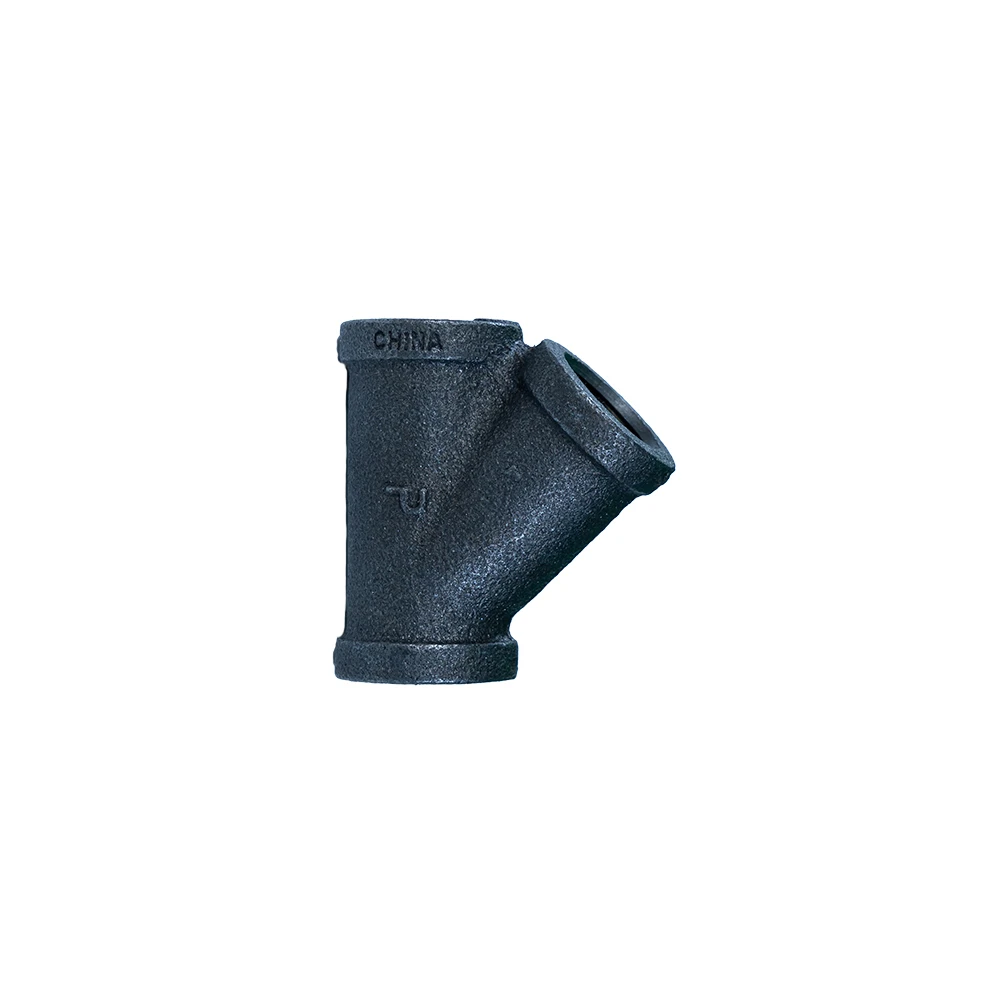
The installation process of mechanical fittings also plays a significant role in their performance. Proper installation ensures the integrity and longevity of the system. Special care should be taken during the installation to adhere to the manufacturer's guidelines. For instance, overtightening can lead to cracks and leaks, particularly in plastic fittings, while under-tightening may result in seal failures. Furthermore, using the correct tools and techniques can reduce the risk of installation errors. Professional installers often utilize torque wrenches and pipe thread sealants to ensure secure connections that withstand operational pressures.
mechanical fittings
One of the most significant developments in mechanical fittings is the integration of smart technology. Smart fittings equipped with sensors can monitor system pressures and detect leaks, sending real-time alerts to minimize potential damage. The feedback from these smart systems allows for predictive maintenance, reducing downtime and improving system efficiency. Industries that rely heavily on mechanical systems, such as manufacturing and energy production, benefit immensely from these innovations by maintaining uninterrupted operations.
Trust in product quality is paramount, and establishments that provide detailed product testing and certifications tend to stand out. Reputable manufacturers offer warranties and certifications from recognized bodies, instilling confidence in their products. As with any critical component, it is advisable to research manufacturers and review customer testimonials and case studies to evaluate performance in real-world scenarios.
Furthermore, the market for mechanical fittings is continuously expanding, with innovations that promise enhanced performance and sustainability. The trend toward eco-friendly fittings, which focus on reducing waste and energy consumption during manufacturing, is increasingly prevalent. These fittings not only appeal to environmentally-conscious consumers but also adhere to stringent regulations aimed at reducing the carbon footprint.
In conclusion, mechanical fittings are integral to the efficiency and reliability of various systems. Their selection and installation require a deep understanding of materials, applications, and best practices. By focusing on quality, compatibility, and innovation, industries can greatly enhance their operational efficiency while minimizing risks and promoting sustainability. As the market continues to grow, keeping abreast of the latest developments and engaging with authoritative suppliers will ensure optimal system performance and durability.
Post time:
1 月-19-2025




